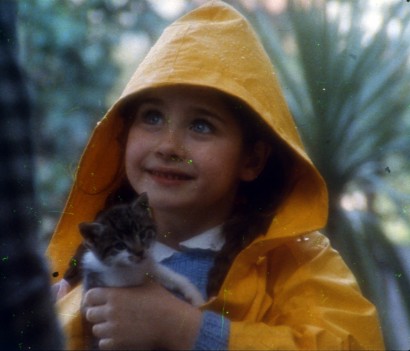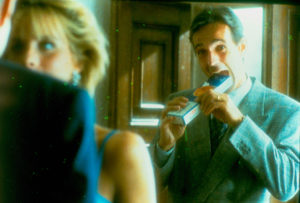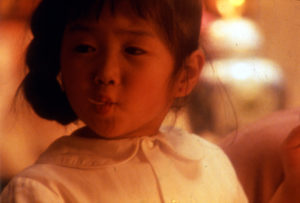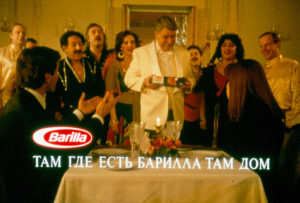Where there’s Barilla, there’s Vangelis

by Emmanuel Grossi
A large part of the fortune of the Where there’s Barilla, there’s home campaign, by itself already well thought, written, filmed and planned, is undoubtedly due to its soundtrack. It is evocative, and so apt to rise a crescendo of emotions, from affection to nostalgia, to a sweet melancholia, to enthusiasm for the goals achieved in the professional field or at home.
Though an entire generation of present day forty year olds – among which the person writing – identified this with “Barilla pasta” and ignored its origin, and though it was presented this way by an army of music teachers in compulsory education armed with plastic flutes, the music piece is signed by a prestigious name: Vangelis, the pseudonym of Evangelos Odysséas Papathanassiou. He is probably the most famous Greek musician worldwide, together with his colleague Mikis Theodorakis, who is about twenty years his senior.
Though, Vangelis never had a relationship with our national gastronomic advertising, except in that he granted publishing rights of his composition Hymne, originally used as the soundtrack of the 1979 documentary Opéra sauvage (also released on a 33 record), by French Slavic director Frédéric Rossif.
Hymne was found and warmly advocated by the copywriter who authored the campaign, the music lover Andrea Concato, and with the passing of time the piece passed from hand to hand, from one arrangement to another, according to the specific mood and to the duration of the films that were shot progressively.
The first artist to deal with it was singer songwriter Oscar Prudente, who had been former member of the band Delirium together with Ivano Fossati. At that time, he was the owner of a small music production company, LP Production (from the initials of his associate Dario Lagostina and himself). He arranged the piece for the famous two-minute long commercial with the train and for the topics that followed immediately after: the military school cadets on leave, the little girl and the kitty, and the family coming back from the maternity ward.
In the meantime, perceiving the large media impact that the advertising campaign would have, Barilla and Film Master also made a version of the commercial with the train that was almost three minutes long, with additional scenes and a plot that in several points departed from the short, transforming it into a sort of video clip. The musical part was entrusted to Franco Serafini (hidden under the pseudonym name of Press Agency), who in the late 1970s – when he was part of the band Panda – had met Vangelis, while recording in his Nemo Studios of London with his brother Niko Papathanassiou as a producer.
By 1987, the huge size of work increased with a stringent rhythm: the main campaign of brand values construction becomes richer with newer topics and at the same time “product” films are shot as well. For each topic and length, a specific version of the leitmotiv was needed. Barilla and the Young & Rubicam agency therefore decided to entrust the whole work to probably the most dazzling and avant-garde music production company of the time: Jinglebell, founded by agency account Carlo Forester and by composer Flavio Premoli, former member of the band PFM.
With the help of musician Lucio Fabbri, they took care of all of the arrangements that followed, alternating full orchestral forces to single instruments, alpine choruses, pipe organs, and even the ringing of the bell of the tower of the far distant Kremlin palace.


